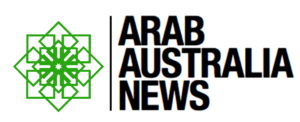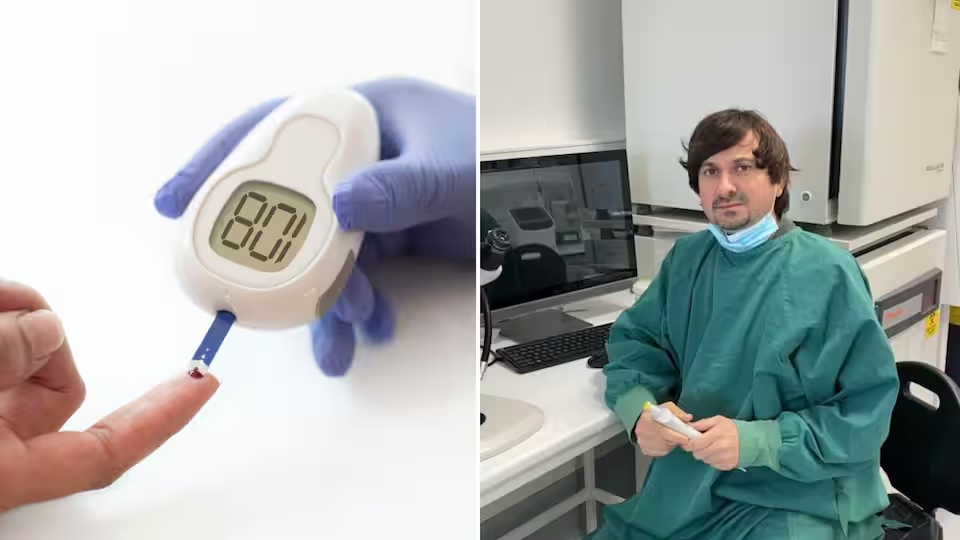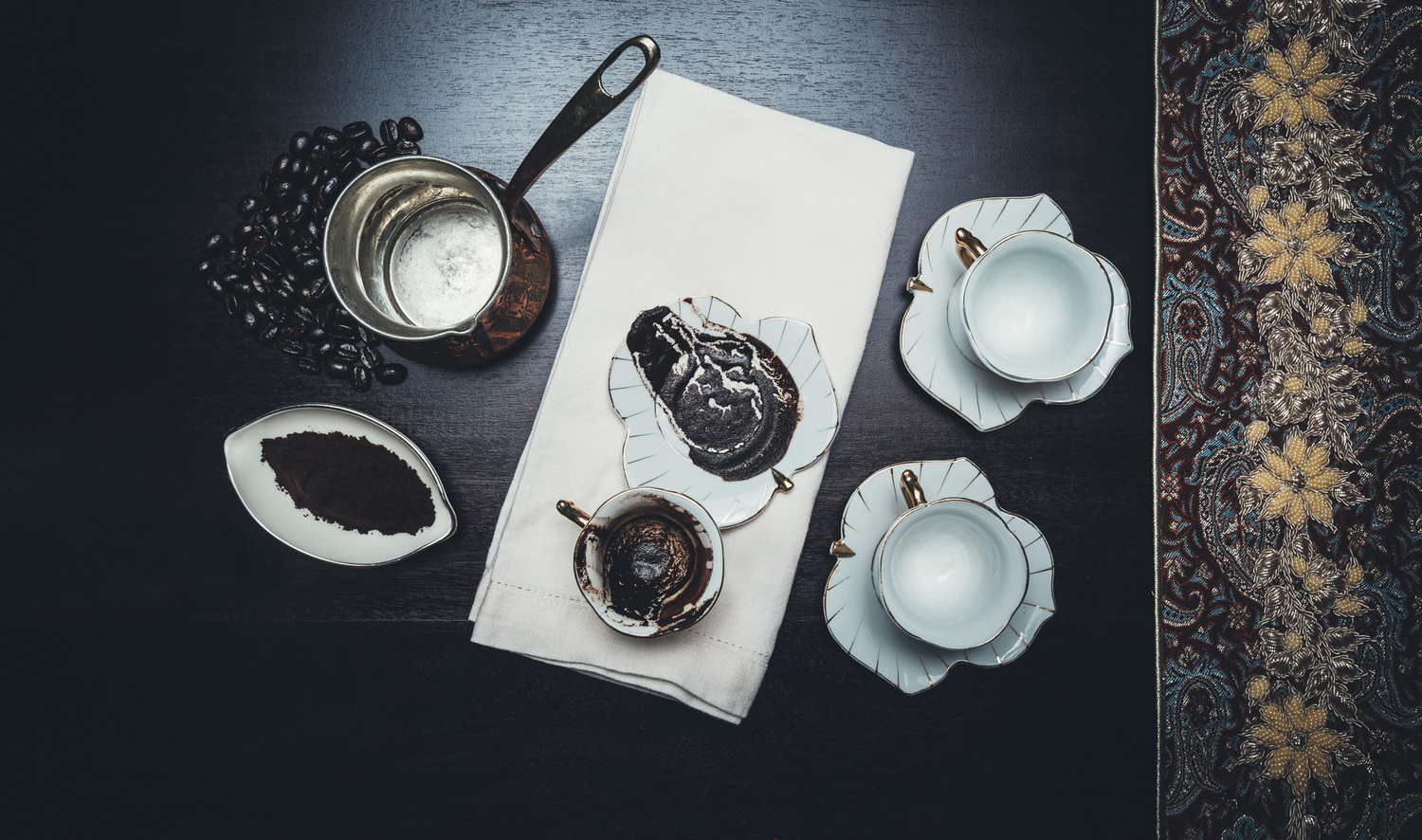Iraqi-Australian doctor, Dr Ghaith Al-Hasani -also known as Keith- was a part of a research team at Monash University that discovered a US partial compound cancer drug can “reprogram” and revive cells to produce insulin in the pancreas. The research was authored by Dr Al-Hasani and Dr Ishant Khurana, and published in the Signal Transduction and Targeted Therapy Journal.
Dr Al-Hasani said he hopes this breakthrough will lead to a cure for type 1 diabetes.
“A person feels happy to see that his efforts will lead to a result that benefits all humanity.”
He cautions that 99% of medical trials fail, but hopes this will be in the 1%, as many others have in 2021 after the wake of the pandemic.
Diabetes is an impaired interaction with insulin in the body which results in abnormal glucose levels and can often lead to cardiovascular and kidney disease, limb amputation and loss of sight.
When the immune system kills insulin producing cells, this is type 1.
When the pancreas makes less insulin over time and becomes resistant to the effects of insulin, this is type 2.
Recently, researchers have speculated whether there may be a connection to late in life memory loss to diabetes, tentatively naming dementia as type 3 diabetes. This classification is not recognized by world wide health organizations.
Diabetes has been named the 21st century epidemic with 1.8 million Australians diagnosed and 280 people newly diagnosed daily.
Diabetes Australia data shows more than 180,000 Australians developed diabetes in 2021 alone. Statistics also indicate that a member of each family provides care for someone with diabetes.
This means 2.4 million Australians live with some form of diabetes, with an estimated cost of 14.6 Billion.









